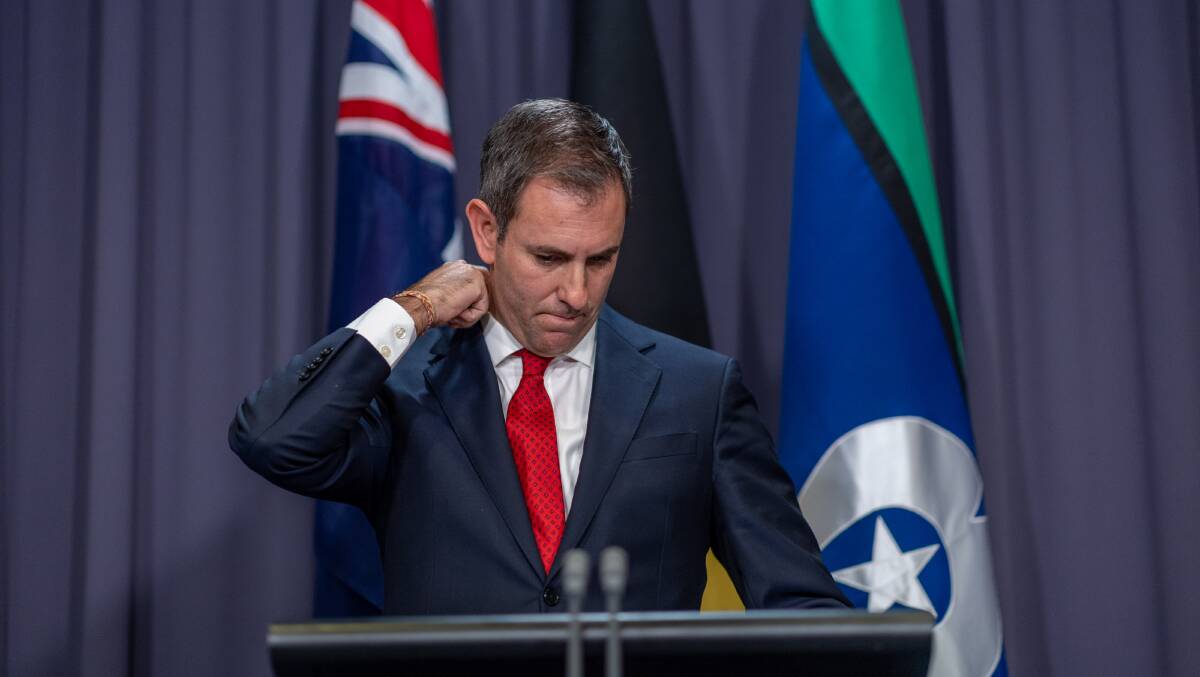The majority of Australian taxpayers will continue to benefit from the Labor government's redesigned stage three tax cuts over the coming decade, a new Grattan Institute analysis shows.
But not everyone will be better off and federal budget may end up as the "biggest loser" from the overhaul.
The independent think tank has released a paper looking at the long-term winners and losers from the redesigned policy.
Under the proposed changes, the average taxpayer will be better off by around $800 annually while top earners will see the tax cut offered under the original stage three plan halved from around $9000 to $4500.
The think tank argues that bracket creep will "erode the value of these tax cuts" but low- and middle-income earners will remain the winners from the change over the coming decade.
"Australia's tax scales are not indexed to wages growth or inflation," the paper's authors Brendan Coates and Joey Moloney say.
"That means that as our incomes rise, including just to compensate for inflation, Australians pay a higher proportion of their income in tax.
"Even if wage growth doesn't push a taxpayer into a higher tax bracket, most taxpayers will still earn a bigger share of their income in their highest bracket, so end up paying more tax."
However, they say that those do move into the 37 per cent tax bracket - those earning $135,000 or more - would continue to be "better off over the decade".
But this comes as a cost.
The think tank anticipates the federal budget might end up as the "biggest loser" from the changes.
"The government's tax plan, like the original stage three tax cuts, will cost more than $20 billion a year, or nearly 1 per cent of GDP," the paper's authors say.
"These tax cuts will make it harder for this government, and future governments, to meet community demands for more spending in areas such as healthcare, aged care, disability care, and defence."
Meanwhile, those struggling the most, which include the roughly one-third of Australian households who don't pay tax, will also "miss out", the think tank says.
This includes retirees and those who are unemployed.
The paper's authors say the the government needs to "urgently extend cost-of-living support to Australia's most vulnerable".

"It should turn last year's 15 per cent increase in Rent Assistance into a 40 per cent increase. This would provide an extra $1,000-a-year to low-income renters, at a cost to the budget of about $1.2 billion a year," they said.
"The government should also raise Jobseeker and other working-age allowance payments by at least a further $55 a week, which would cost about $3.5 billion a year."


